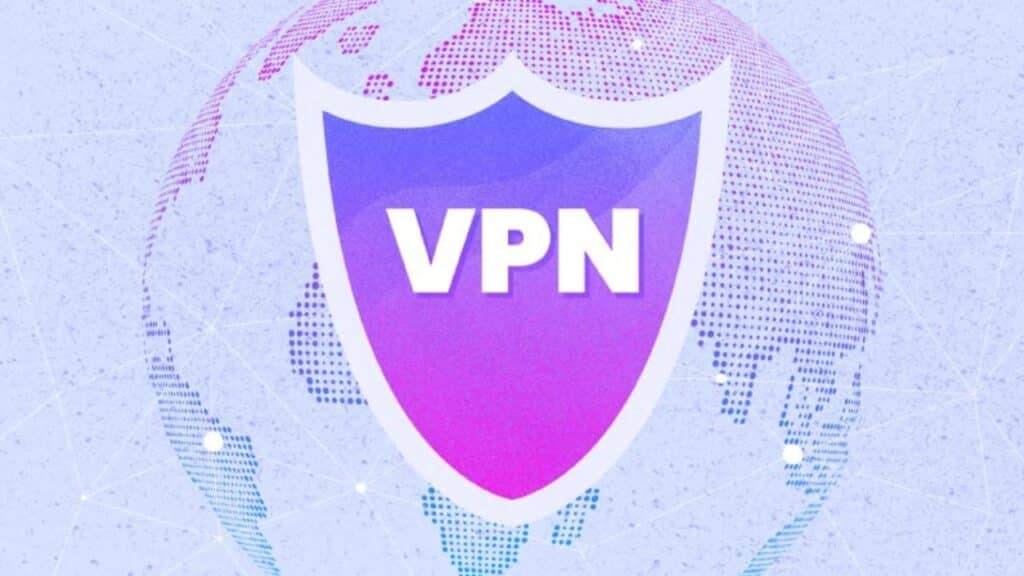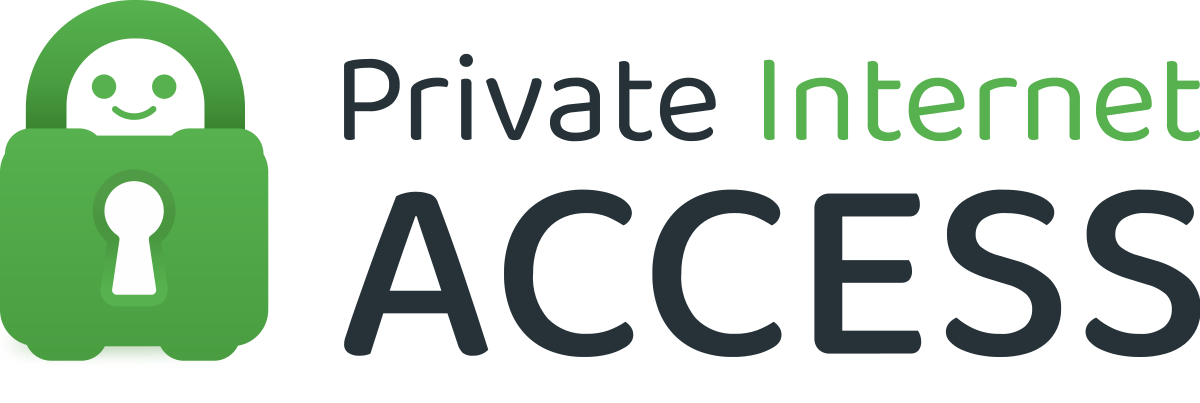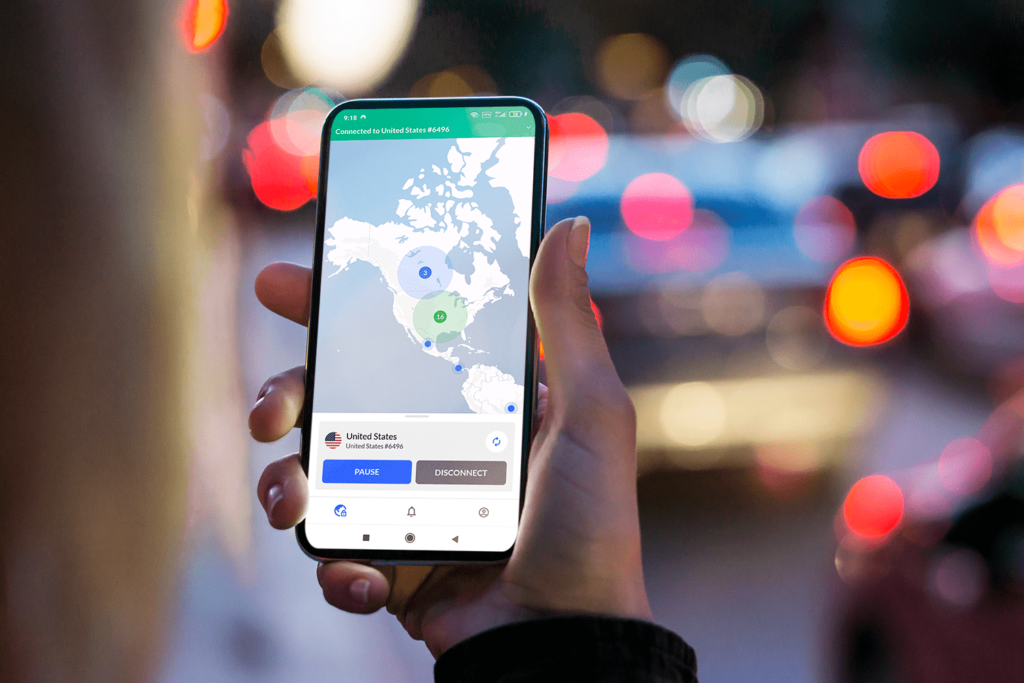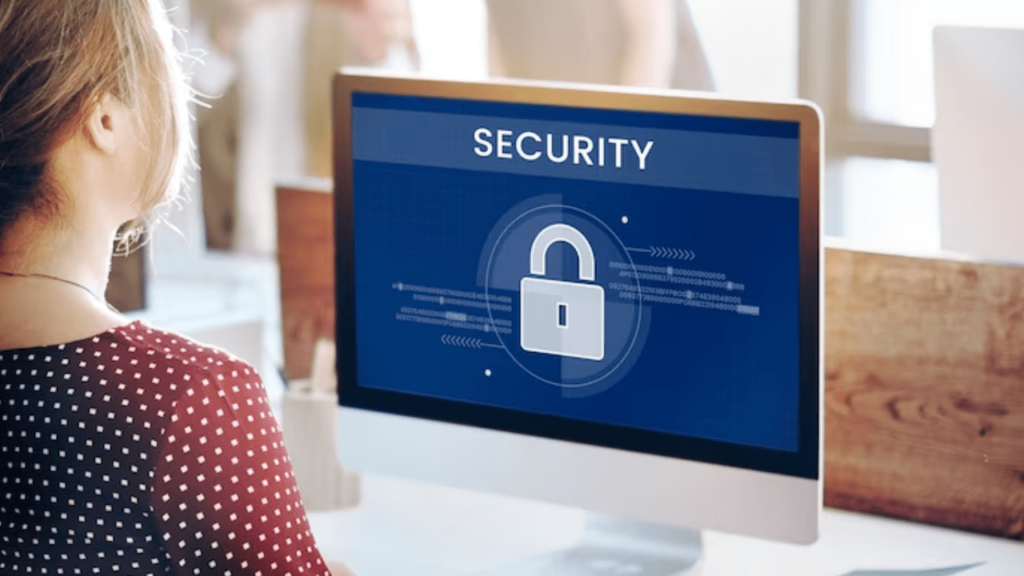Nowadays, it is crucial to secure online transactions in the digital age. With the growing sophistication of cyber threats, a virtual private network (VPN) serves as a crucial line of defense. Here, we’ll explore how VPNs can shield your financial activities from prying eyes, ensuring peace of mind as you navigate the web.
How VPNs Work
At its core, a VPN creates a secure, encrypted tunnel between your device and the internet. This prevents unauthorized parties from intercepting your data, bolstering the security of your online transactions.
By routing your internet traffic through a remote server, VPNs mask your IP address and make it nearly impossible for anyone to track your online activities. This added layer of anonymity ensures that your financial information remains confidential and protected from potential hackers or data breaches.
Related: Best and Most Secured VPNs
Securing Online Transactions with a VPN
When you conduct a transaction over a VPN, your financial details are encrypted, rendering them unintelligible to hackers. By masking your IP address, VPNs also help safeguard your identity online.
Different Types of VPNs for Consumers
Consumers can choose between personal VPNs for individual use or corporate VPNs designed for businesses. Each serves the same fundamental purpose: securing data transmission over the internet.
You May Like: How Sarah Lost 7000$: Price of Trusting the Internet
Choosing the Right VPN
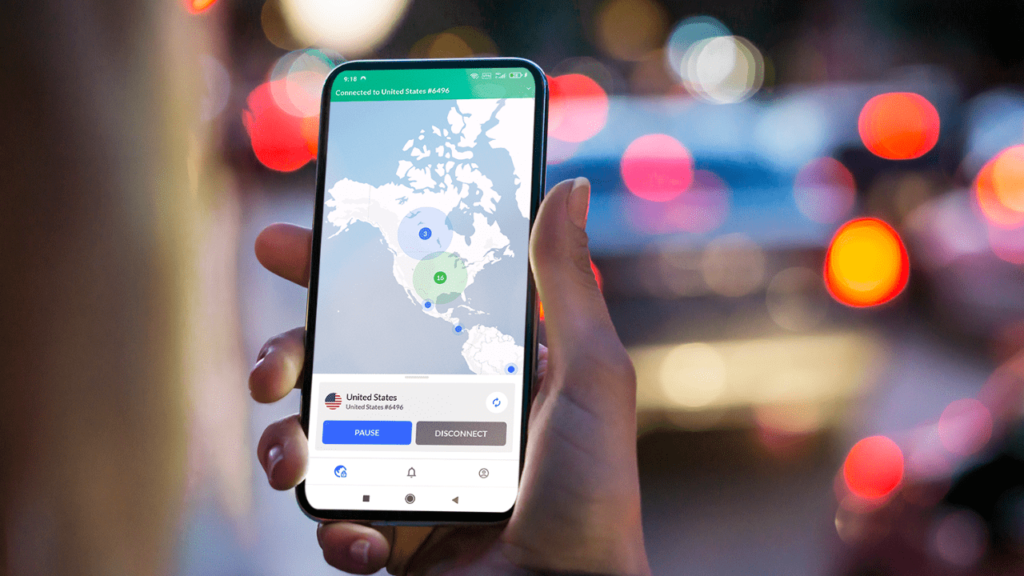
Selecting the right VPN is crucial. Look for one with robust encryption standards, a strict no-logs policy, and a reputation for reliability. Avoid free VPNs, as they may not provide the security necessary to protect sensitive information.
Additionally, consider the server network and speed offered by the VPN provider to ensure a smooth and uninterrupted browsing experience. It is also important to check if the VPN is compatible with multiple devices and operating systems, allowing for flexibility in usage.
Setting Up a VPN for Online Transactions
Configuring a VPN is a straightforward process. Most services offer user-friendly applications that guide you through installation and connection to a secure server. These applications typically require you to create an account and choose a server location.
Once connected, your online transactions will be encrypted and routed through the VPN server, providing an extra layer of security and privacy. It is important to regularly update your VPN software to ensure you have the latest security features and bug fixes.
Related: Best VPNs for PCs
Common Misconceptions About VPNs
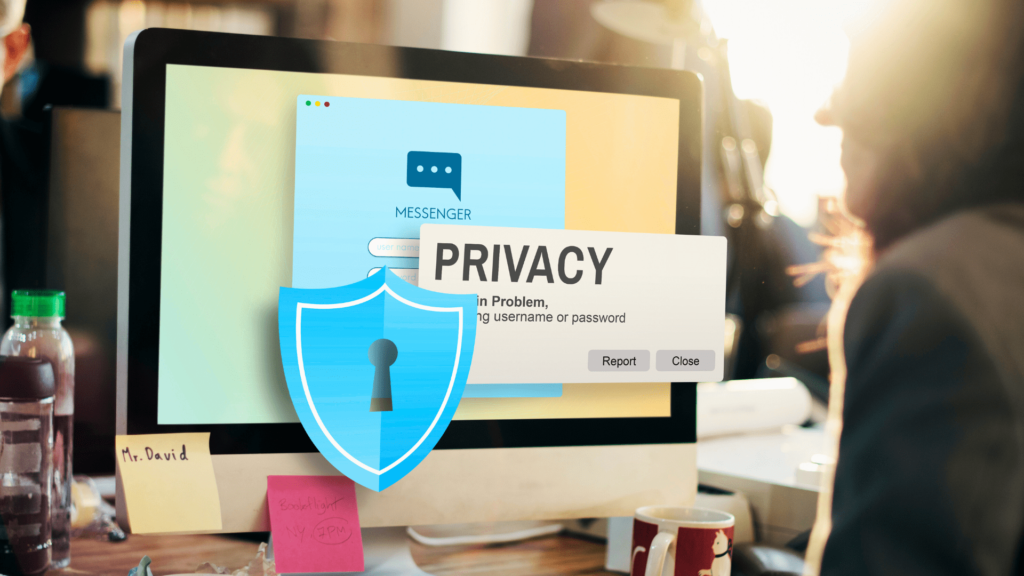
While VPNs significantly enhance security, they don’t guarantee complete anonymity or infallibility. They are part of a comprehensive security strategy but should not be relied upon as the sole protective measure.
One common misconception about VPNs is that they make you completely anonymous online. While VPNs do hide your IP address and encrypt your internet traffic, they do not make you completely untraceable. It is still possible for your online activities to be tracked or monitored by other means.
Additionally, it is important to remember that VPNs are not infallible. Just like any other software, it can have vulnerabilities or be subject to hacking attempts. Therefore, it is crucial to regularly update your VPN software to ensure you have the latest security features and bug fixes.
The Legal Aspect of VPN Usage
It’s essential to understand the legal implications of using a VPN. While they are legal in most countries, certain activities may not be, and it’s important to use VPNs responsibly. Some countries have strict regulations on VPN usage, particularly in regards to accessing restricted content or engaging in illegal activities.
It is advisable to familiarize yourself with the laws and regulations of your country or the country you are using the VPN in to avoid any potential legal consequences. Additionally, it is recommended to choose a reputable VPN provider that prioritizes user privacy and complies with relevant data protection laws.
You May Like: How Vendors are making their VPNs Better
Potential Risks of Using VPNs
There are risks, especially with free VPN services, which may be less secure and could potentially log your data. Trust is paramount when choosing a VPN provider.
You should also be cautious of VPN providers that are based in countries with strict surveillance laws, as they may be required to hand over user data to authorities. It is important to thoroughly research and read reviews before selecting a VPN service to ensure you are making a trustworthy choice.
How to Identify a Secure VPN Service
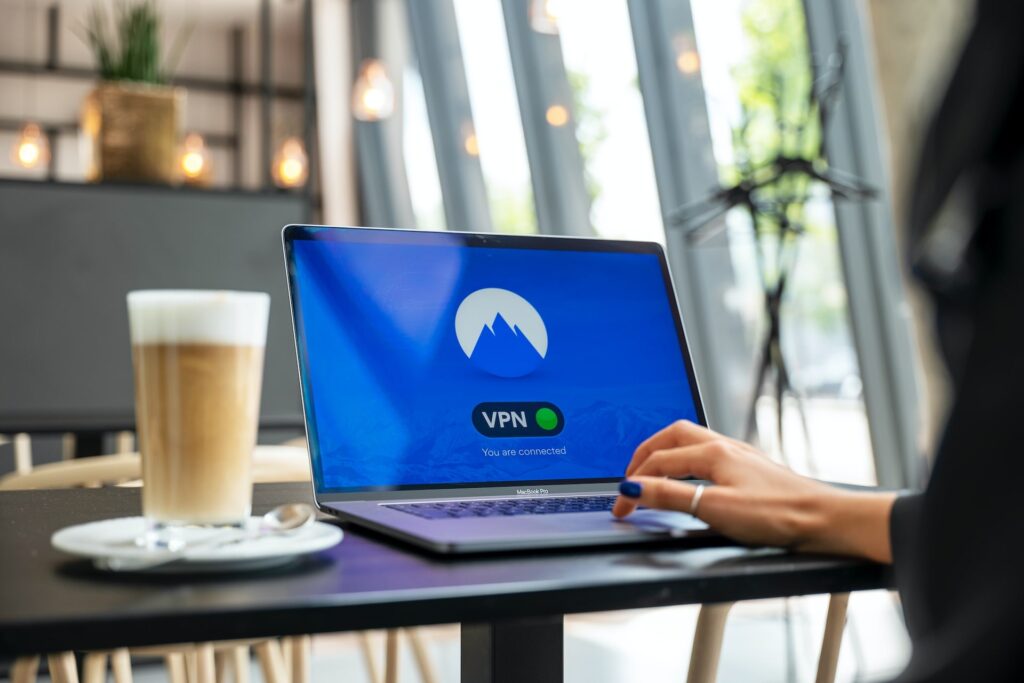
A secure VPN service will offer strong encryption, a no-logs policy, and a transparent privacy policy. These features help ensure that your online transactions are protected. Additionally, a secure VPN service should have a wide range of server locations to choose from, allowing you to connect to different regions and bypass geo-restrictions.
It is also recommended to look for VPN providers that offer additional security features such as a kill switch and DNS leak protection, further enhancing your online privacy and security.
Enhancing VPN Security
To further secure your VPN use, enable multi-factor authentication and ensure that your VPN software is regularly updated to protect against the latest threats.
Best Practices for Online Transactions
Using a VPN is just one part of securing online transactions. Employing additional measures, such as using secure passwords and monitoring bank statements, is also essential.
User Responsibilities in VPN Usage
Users must understand the technology they are using and stay updated on best practices in online security to maximize the effectiveness of VPNs.
Conclusion
VPNs play a vital role in the security of online transactions. By understanding and correctly using this technology, you can significantly reduce the risk of cyber threats.
FAQs
How does a VPN protect my online transactions?
A VPN protects your online transactions by encrypting your internet connection and routing it through a secure server. This prevents hackers from intercepting your sensitive information, such as credit card details or login credentials.
Are free VPNs safe for online banking?
While there are some reputable free VPNs available, it is generally recommended to use a paid VPN service for online banking. Free VPNs may not offer the same level of security and privacy as paid ones, potentially putting your online transactions at risk.
Can I use a VPN on all my devices?
Yes, VPNs can be used on a wide range of devices, including smartphones, tablets, laptops, and even routers. This allows you to protect your online activities and secure your connection on all of your devices simultaneously.
How do I know if a VPN is trustworthy?
There are a few factors to consider when determining the trustworthiness of a VPN. Firstly, you should research the VPN provider’s reputation and read reviews from other users.
Additionally, look for VPNs that have strong encryption protocols and a clear privacy policy that outlines how they handle user data. It is also advisable to choose a VPN that has been independently audited or certified by trusted security organizations.
Should I always use a VPN for online shopping?
Using a VPN for online shopping is generally recommended for added security and privacy. It helps protect your personal information, such as credit card details, from potential hackers or eavesdroppers.
However, it is important to note that using a VPN may slow down your internet connection slightly, so it may not be necessary for every online shopping transaction.

